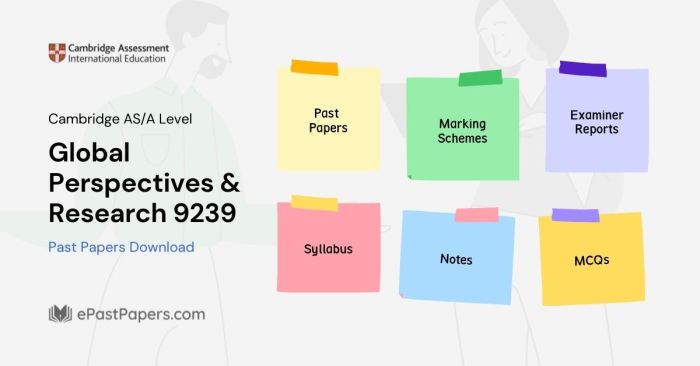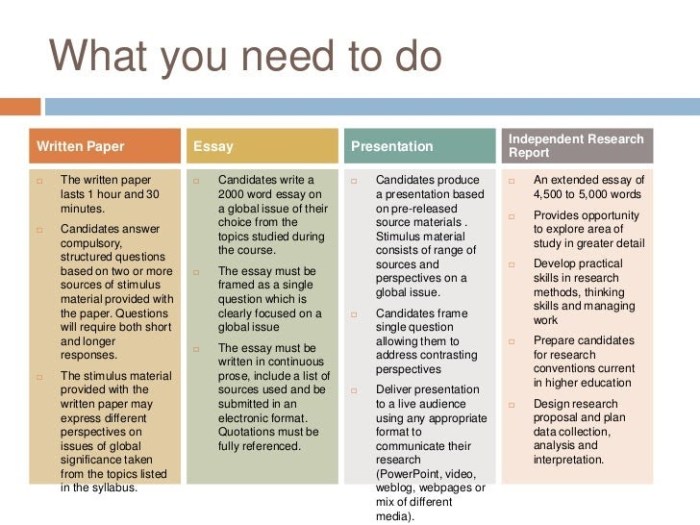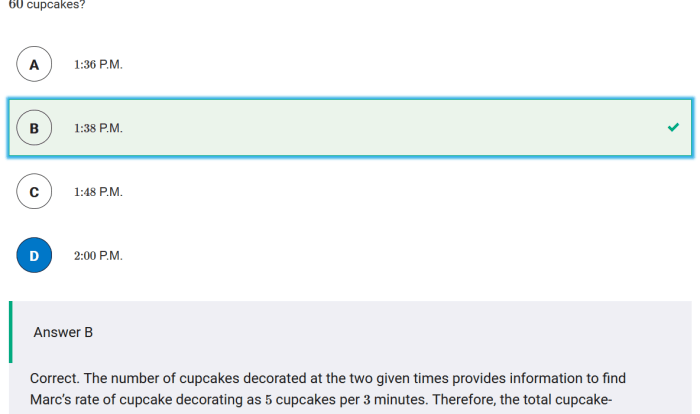AICE Global Perspectives Past Papers are indispensable resources for students preparing for the AICE Global Perspectives exam. These papers provide valuable insights into the exam structure, content, and question types, enabling students to develop effective exam-taking strategies and enhance their understanding of the subject matter.
AICE Global Perspectives is a rigorous academic program that emphasizes the development of critical thinking, research skills, and global awareness. The past papers reflect the diverse range of topics and themes covered in the curriculum, ensuring that students are well-prepared for the exam.
AICE Global Perspectives Past Papers

AICE Global Perspectives Past Papers provide an invaluable resource for students preparing for the AICE Global Perspectives exam. These past papers offer insights into the structure, content, and exam requirements, enabling students to familiarize themselves with the assessment and enhance their exam readiness.
The AICE Global Perspectives exam assesses students’ knowledge and understanding of global issues, contemporary world events, and intercultural perspectives. The exam is designed to develop students’ critical thinking, analytical, and problem-solving skills, as well as their ability to engage in informed and responsible global citizenship.
Past Paper Structure and Content
AICE Global Perspectives past papers typically consist of two sections:
- Section A: Multiple Choice Questions (MCQs)
- Section B: Essay Questions
The MCQ section tests students’ knowledge of key concepts, theories, and case studies related to global issues. The essay section requires students to analyze and discuss specific global issues, demonstrating their understanding of the topic and their ability to formulate well-supported arguments.
Exam Preparation

Practicing with AICE Global Perspectives past papers is a crucial aspect of exam preparation. By engaging with past papers, students can:
- Familiarize themselves with the exam structure and question types
- Identify areas of strength and weakness in their understanding
- Develop strategies for answering different types of questions effectively
- Improve their time management skills
- Gain confidence and reduce exam anxiety
When analyzing past papers, students should focus on identifying patterns, understanding question types, and developing exam-taking skills. It is also beneficial to time themselves while practicing to simulate exam conditions.
Sample Past Paper Questions

| Topic | Question Type | Question Summary |
|---|---|---|
| Globalization | MCQ | Which of the following is NOT a characteristic of globalization? |
| Climate Change | Essay | Discuss the causes and consequences of climate change, and evaluate the effectiveness of international efforts to address it. |
Past Paper Analysis: Aice Global Perspectives Past Papers

Analyzing AICE Global Perspectives past papers is essential for gaining insights into exam patterns and content. By analyzing past papers, students can:
- Identify recurring themes and topics
- Examine the difficulty level of questions
- Evaluate the distribution of topics across different sections
- Identify areas where further study and preparation are needed
Past paper analysis helps students tailor their preparation to the specific requirements of the exam, ensuring that they focus on the most relevant and high-yield areas.
FAQ Insights
What is the purpose of AICE Global Perspectives Past Papers?
AICE Global Perspectives Past Papers provide students with valuable insights into the exam structure, content, and question types, enabling them to develop effective exam-taking strategies and enhance their understanding of the subject matter.
How can I effectively prepare for the AICE Global Perspectives exam using past papers?
By practicing with past papers, students can identify recurring themes, understand question types, develop exam-taking skills, and gain a comprehensive overview of the exam content and structure.
What are the benefits of analyzing past papers?
Analyzing past papers helps students identify patterns, examine question difficulty, evaluate the distribution of topics, and improve their understanding of the subject matter, leading to more effective exam preparation.

